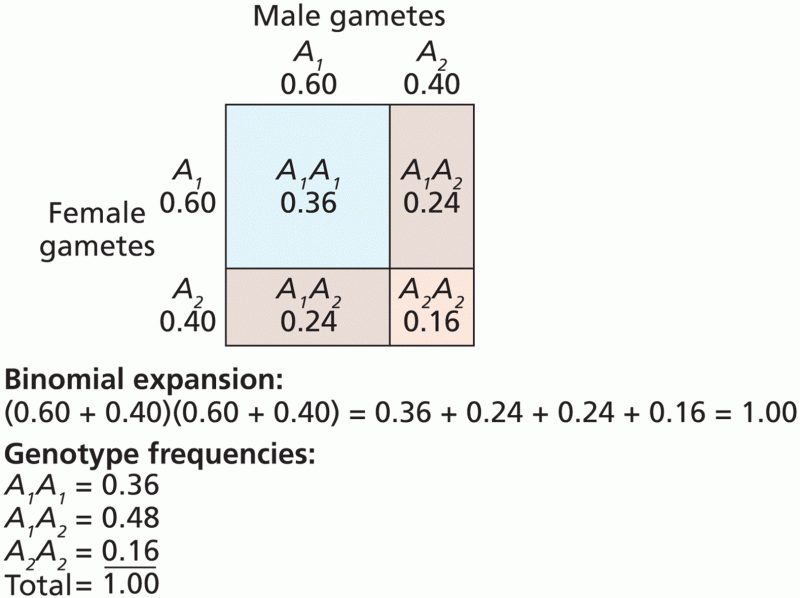|
|
|
When Gabriel Fahrenheit invented the first mercury thermometer, he called "zero degrees" the lowest temperature he was able to attain with a mixture of ice and salt. For the upper point of his scale, he used 96°, which he measured as normal human body temperature (we know it to be 98.6° today because of more accurate thermometers).
In the United States, there is a birth every 8 seconds, according to the U.S. Census Bureau's Population Clock.
Pubic lice (crabs) are usually spread through sexual contact. You cannot catch them by using a public toilet.
The first documented use of surgical anesthesia in the United States was in Connecticut in 1844.
Coca-Cola originally used coca leaves and caffeine from the African kola nut. It was advertised as a therapeutic agent and "pickerupper." Eventually, its formulation was changed, and the coca leaves were removed because of the effects of regulation on cocaine-related products.







